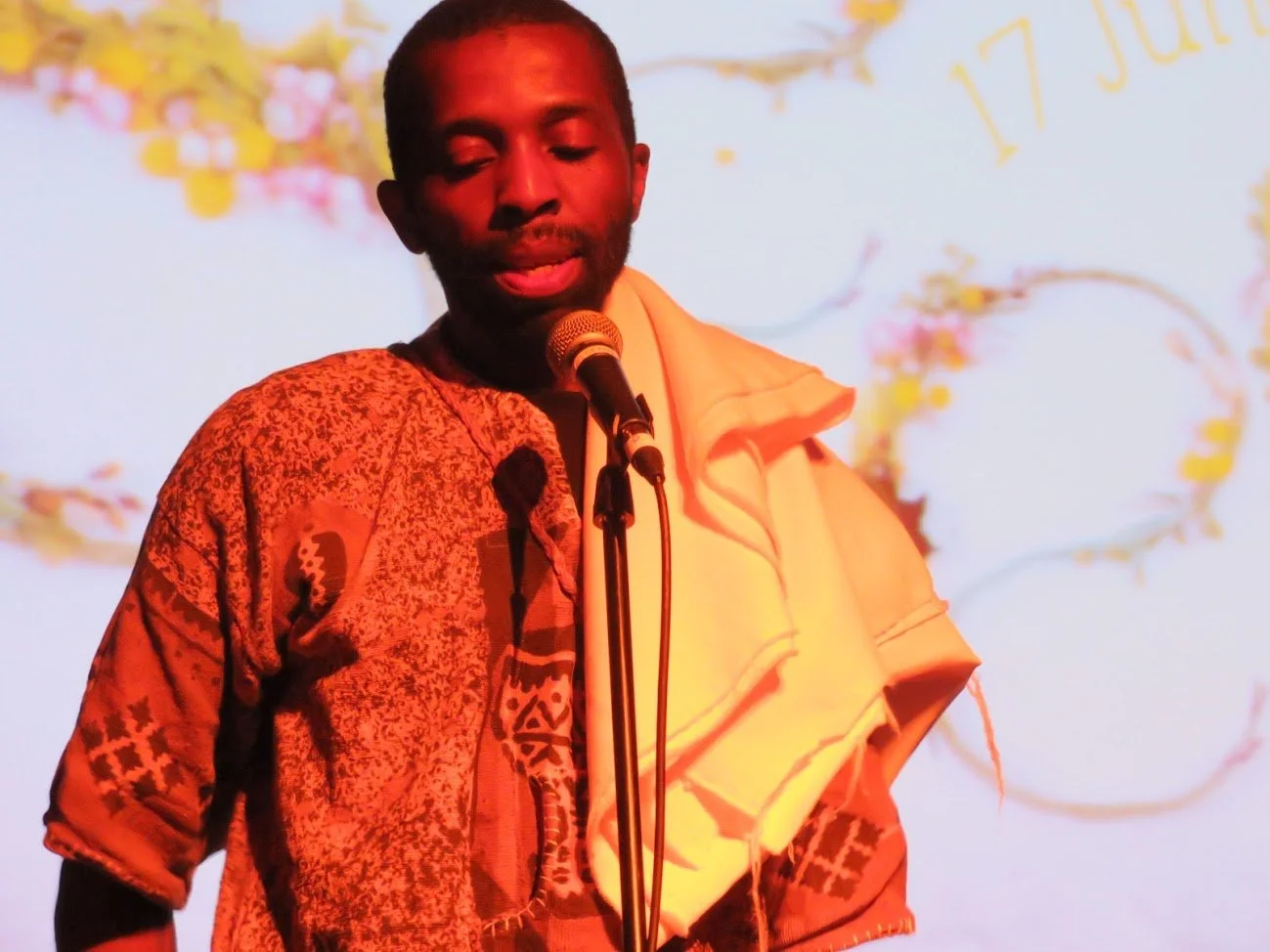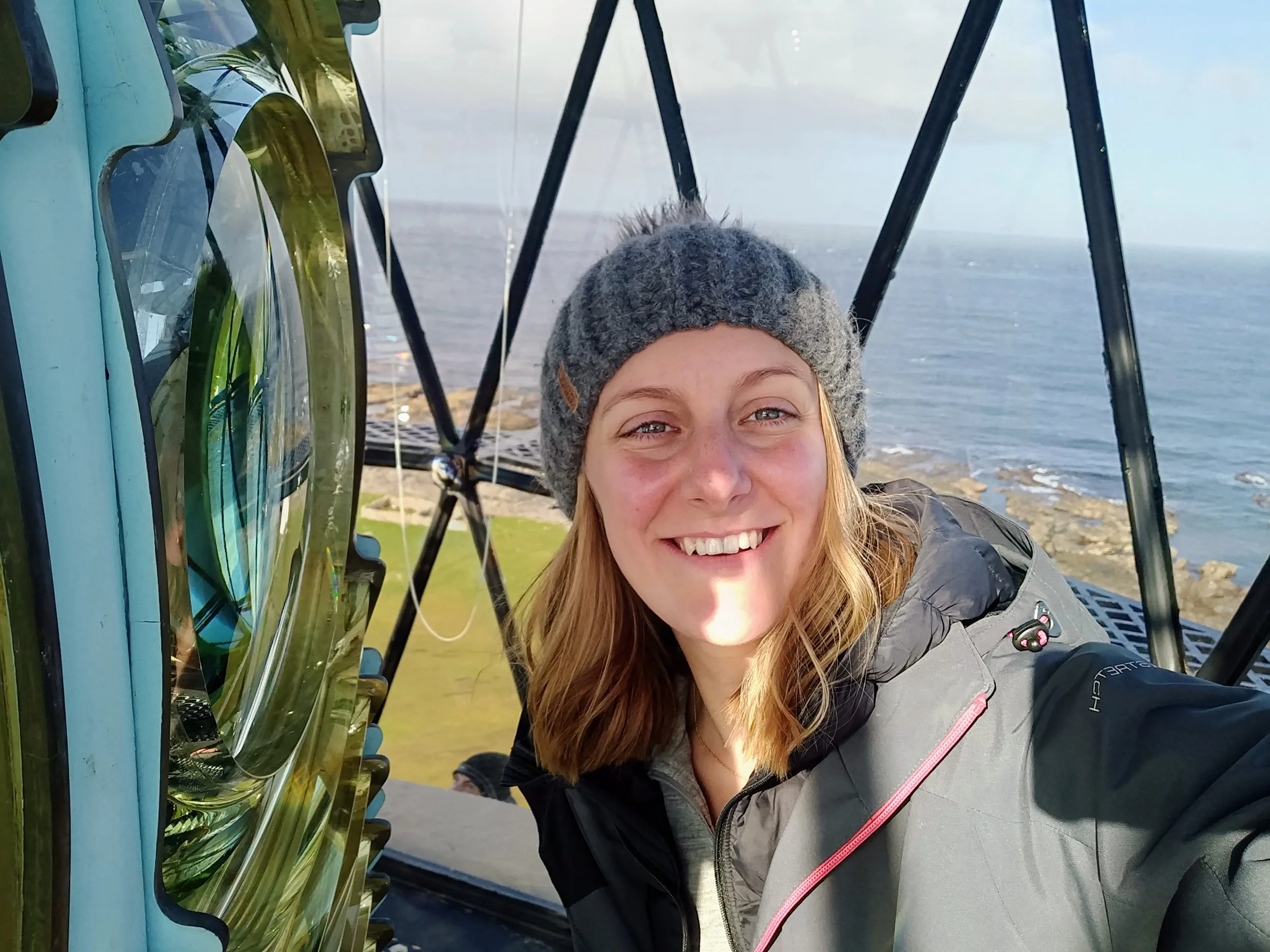3MT Meet the Judges: Timothy Revell
Timothy Revell is a journalist specialising in science and technology and is currently the Deputy US Editor at magazine New Scientist. He has reported on mind-reading devices, artificial intelligence and prime numbers, as well as interviewing amazing people such as David Attenborough and Kate Crawford. He has been responsible for breaking many big scientific news stories, including the official recognition of video gaming disorder and a huge data leak at the Cambridge Psychometrics Centre. He possesses a PhD in computing science from the University of Glasgow, and is the author of a popular science book about how mathematics is used today. He regularly appears on and hosts New Scientist podcasts, and does the same for the BBC’s The Naked Scientists.
Can you tell me a bit about who you are and what you do?
My name is Timothy Revell and I'm a science journalist - currently I’m one of the editors at New Scientist magazine.
What does your work involve on a day-to-day basis?
In my job I help to produce brilliant stories for the New Scientist magazine and website. I still do a bit of writing here and there, but mostly I work with reporters to hone their ideas and help to cultivate science stories into articles that we can publish. On a given week that could be anything from the discovery of an amazing new species of frog, or an investigation into how social media companies use our data - so it's a real wide range of things.
During the Three Minute Thesis Competition we talk a lot about ‘public engagement’ in an academic sense, as a vital part of disseminating your research to a wider audience. But as someone who doesn’t work in a strictly academic environment, what do you think the value is of connecting and communicating with people outside of your field?
I think communication is probably the most important skill that anyone can learn – and I did a PhD myself, so I know the importance of communicating within academia as well as in my current job. If you don’t possess the proper communication skills it’s just so hard for other people to really understand your ideas, your approach, and what you're bringing to something – and that goes for any industry you might work within. The good thing though is that it's a skill that you can practice – and competitions like Three Minute Thesis can really help you to hone those skills, whatever setting you go on to use them in.
What are the main features of a good communicator to you?
That’s a good question! To me, a good communicator is able to work out who their audience is and then present ideas to them in a way that they will best be able to comprehend. So, you've got to ask yourself three major questions: What knowledge does my audience already have? What knowledge will I need to give them to help them understand what I need to tell them? And then, crucially, how can I make them listen to it? It's so easy to feel like you need to give everyone the background information first before you tell them the interesting things, but it's nearly always better presented the other way around. I think that's true whether you’re presenting your PhD research at a conference, or whether you're in a room full of schoolchildren, or whether you're in a competition like Three Minute Thesis. It's all about working out how best to tell your story, so that you can lead your listeners through everything that you want to tell them but keep them engaged the entire time.
What will you be looking out for in the presentations which make it to the final?
I think the perfect presentation will be absolutely captivating for the full three minutes, and it will tell a story that everyone can learn something from – whether they have a prior knowledge of the field or not. The key thing is that the best presentations will be the ones that we’ll still be thinking about afterwards. The perfect three-minute talk leaves it’s audience with something to think about afterwards, changes how we think about something or gives us a new idea that we'll think about again and again after we first heard it.
What are you most looking forward to about being involved in 3MT at UofG?
I’m really excited to see what people have come up with. I remember doing similar competitions when I was doing my PhD, and I think there's nothing quite like a competition like this to really remind you why you fell in love with your research subject in the first place. You've got to think about presenting it to a completely different audience from what you’re used to, and you've got to really rekindle what is that essence of it that you find so fascinating. I'm really excited to hear other people's enthusiasm for their subjects across a wide range of things. That’s the main thing: I hope that we see a good range of people presenting their ideas and, hopefully, giving them the confidence to go out there and present their research to many different people in the future.
Any final words of wisdom for this year’s 3MT competitors?
When I was doing my PhD I joined the GIST, which is a science magazine that’s still going based at Glasgow and Strathclyde, and my time there is what opened up all of the doors that led to my career today. I eventually became Editor-in-Chief of the magazine, and we won a few different awards, including one at the Guardian Student Media awards and one at the Association of British Science Writers. Off the back of that I got an internship, that then led to me working for a BBC Radio Show. Then I got a feature commissioned, and I wrote a book, and all of that eventually led to where I am today at New Scientist. Everything I’ve been able to do came from expanding those communication and engagement skills, and they also really helped alongside my PhD itself. They helped me to write papers, give talks and do all of this extracurricular public engagement work around my PhD research, and it all helped me along my career path even though I don’t work in academia anymore. Whatever career you go into, doing this stuff really matters and will put you in a good position to be able to go out into the world and get what you want.



